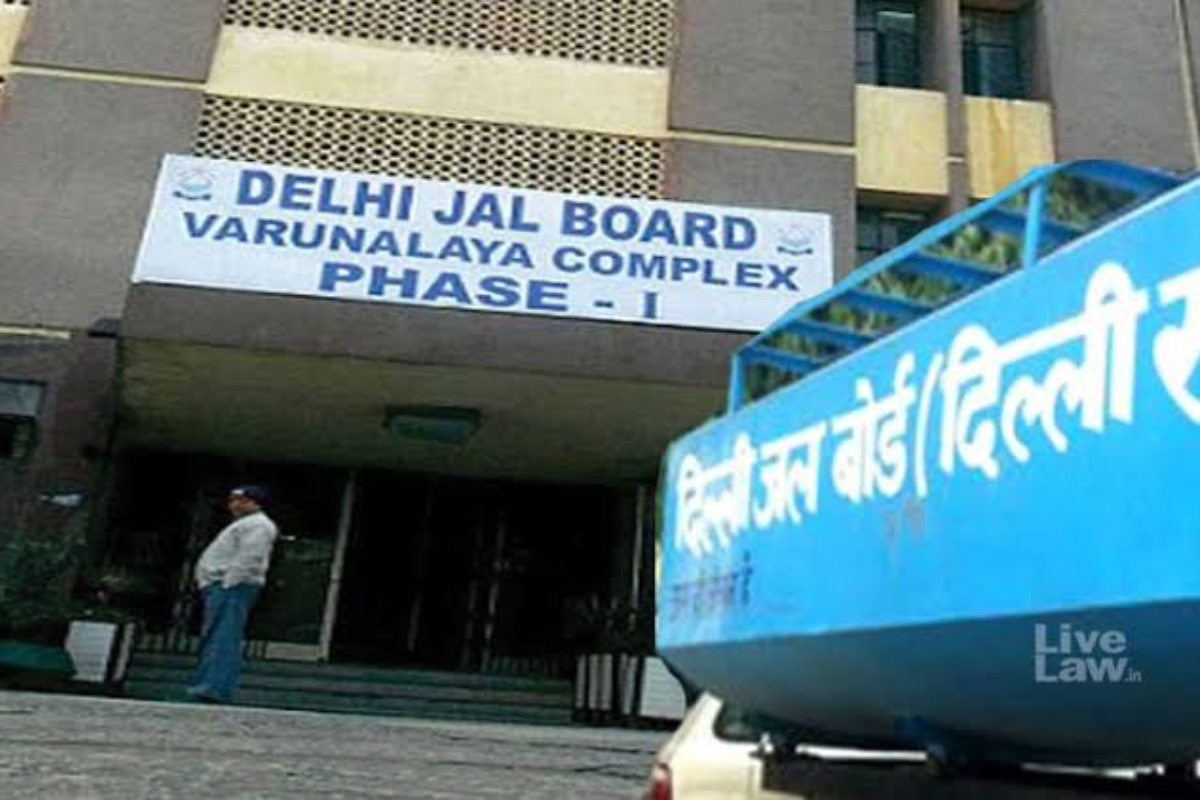NEW DELHI: On Wednesday, UNICEF and the World Health Organization (WHO) praised the Aam Aadmi Party (AAP) government’s Delhi Jal Board’s role in providing clean water to around 25 million people living in the city.
In a recent visit, officials from the central government, and the two international organisations, visited the Sonia Vihar Water Treatment and the Wazirabad Water Treatment Plant.
The Jal Board Chairperson Saurabh Bharadwaj expressed, “Officials from the Central Government, UNICEF, and the World Health Organization (WHO) have recognised the commendable operations of the Delhi Jal Board and its efficient water distribution system.”
Bharadwaj also highlighted the crucial contributions of the Delhi Testing and Quality Control (DTQC) department, which manages various testing laboratories. He noted, “In 2022 alone, DTQC conducted tests on an impressive 821,246 water samples, upholding rigorous standards and ensuring the public’s health and safety.”
READ MORE: Delhi government to hire a law firm to expedite “Jal Board” projects
The Chairperson also added that approximately 10,000 kilometres of water pipelines have been laid in Delhi. “These pipelines ensure that water reaches almost every colony in Delhi. In cases where some areas are yet to be connected, the Delhi Jal Board is actively working on extending the pipelines to those areas,” he said.
During their visit, the officials were provided with a comprehensive overview by Bharadwaj of the inner workings of the Delhi Jal Board. He explained that the water sources include the Ganges, Yamuna, and groundwater, emphasising the meticulous process employed at the water treatment plants to guarantee the highest water quality standards.
Bharadwaj also laid emphasis on the eight regional laboratories that the Jal Board boasts of, with five of them holding accreditation according to ISO standards, and the remaining three accredited by the National Accreditation Board for Testing and Calibration Laboratories (NABL).
He emphasised that these laboratories play a vital role in the continuous monitoring of water quality, ensuring that the water remains safe for consumption.









